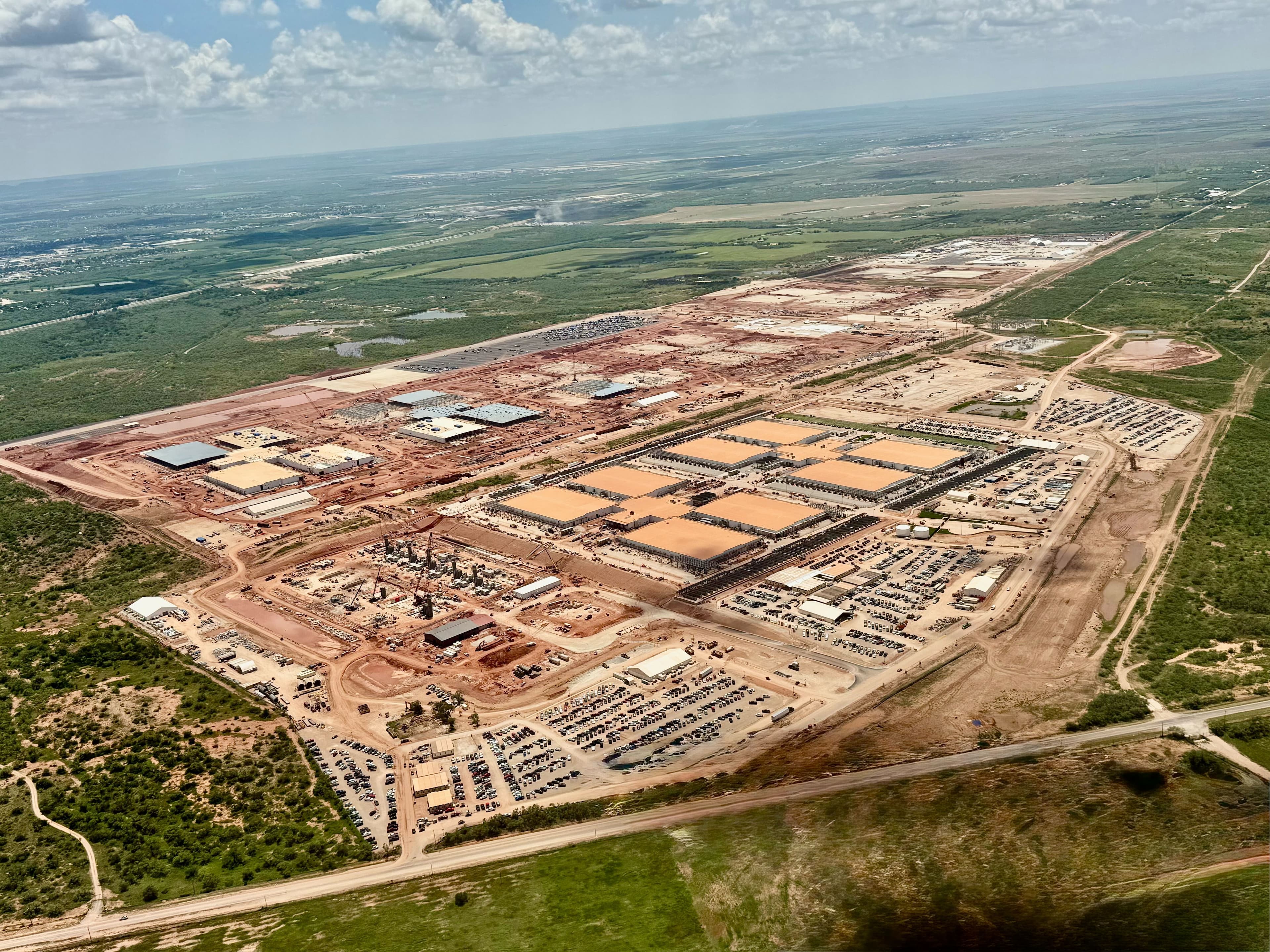Oracle's AI Data Center Expansion Raises Financial Risk Concerns Amidst Soaring Debt

Oracle's ambitious expansion into AI data centers, primarily driven by its massive partnership with OpenAI, is drawing scrutiny over the company's financial leverage and potential market risks. The technology giant is reportedly borrowing significant capital to fund the construction of these data centers, leading to increased debt and heightened credit default swap spreads. This financial strategy has prompted concerns among some market observers about a potential "repricing of risk" in the tech sector.
According to a recent social media post by Harry Stebbings, > "Oracle is borrowing money to build data centres as part of their deal with OpenAI. They have 3 times the credit default swap spreads of the federal government, Microsoft, and other major tech companies." This observation highlights a notable divergence in perceived risk for Oracle compared to its peers and sovereign debt.
Oracle and OpenAI announced a substantial partnership in July, valued at over $300 billion over five years, to develop up to 4.5 gigawatts of additional Stargate data center capacity. This initiative is part of OpenAI's broader $500 billion, 10-gigawatt Stargate project aimed at building extensive AI infrastructure across the U.S. Oracle's role involves providing its Cloud Infrastructure (OCI) and constructing these power-intensive facilities.
The financial implications of this rapid expansion are significant. Oracle recently sold approximately $18 billion in new investment-grade bonds, pushing its outstanding debt load past $100 billion, making it one of the most indebted major tech companies with an investment-grade rating. Credit analysts at Morgan Stanley project Oracle's adjusted debt, including lease obligations, could more than double to roughly $300 billion by 2028.
This aggressive investment strategy has led to a notable increase in the cost of protecting Oracle's bonds against default. The spread on Oracle’s five-year credit-default swaps has more than doubled since mid-September, reflecting growing investor apprehension. While still low in absolute terms, this rise suggests a market re-evaluation of the risks associated with the massive capital expenditures required for AI infrastructure. Some analysts point to Oracle's substantial reliance on OpenAI, which forecasts significant operating losses due to ballooning computing costs, as a key factor in this increased risk perception.